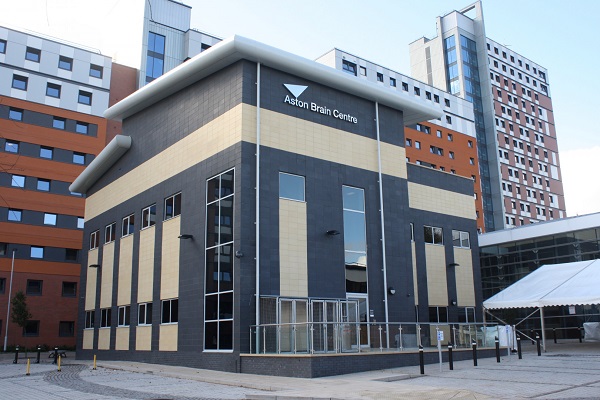Aston University: Aston University teams up with biotechnology company to develop commercial-scale production of membrane-associated proteins
Aston University has teamed up with biotechnology company Biocleave Ltd in a new knowledge transfer partnership (KTP) to develop the company’s capacity to produce membrane-associated proteins on a competitive commercial scale.
The partnership will see Aston University’s world-leading expertise provide next-level solutions to a complex problem and provide exciting breakthroughs from both commercial and scientific standpoints.
A knowledge transfer partnership (KTP) is a three-way collaboration between a business, an academic partner and a highly qualified graduate, known as a KTP associate. The UK-wide programme helps businesses to improve their competitiveness and productivity through the better use of knowledge, technology and skills. Aston University is the leading KTP provider within the Midlands.
Biocleave Ltd produces ‘Research Use Only’ (RUO) proteins. These are used widely in industry and academia to study and develop diagnostics and disease treatments. The process of manufacturing these proteins is known as ‘expression’, requiring host cells to produce them.
The company is the first to engineer the non-pathogenic microbe Clostridia as a recombinant protein expression host, enabling them to overcome the typical expression challenges of production host toxicity and costly development cycles.
Initial trials have demonstrated advantages to making membrane-associated proteins in Clostridia compared with established production systems. However, these proteins are associated with the fatty membrane that surrounds a cell and are not soluble in water.
While Biocleave has well-established proprietary technology for manipulating the microbes, they want to extend their expertise for purifying these challenging membrane proteins, essential to commercialising their production.
The Aston University team will be led by Dr Alan Goddard, senior lecturer in biochemistry in the School of Biosciences and founding member of Aston Membrane Proteins and Lipids (AMPL). Dr Goddard’s research focuses on the application of membrane biology to industrially relevant problems. He has nearly 20 years’ experience working with membranes and their integral proteins.
Dr Goddard will be joined by Professor Roslyn Bill, associate dean (research) for the College of Health and Life Sciences and director of AMPL. Professor Bill’s research focuses on the purification and characterisation of membrane proteins and she has published extensively on yeast as a recombinant expression host.
Commenting on the project, Dr Goddard said: “This is a really exciting opportunity to leverage the decades of research experience Professor Bill and I have with expressing and purifying membrane proteins. It will allow Biocleave to enter new markets, many of which are important for drug development and healthcare. Hopefully, the products we make will have positive benefits not only for Biocleave’s customers but also wider society.”
Dr Liz Jenkinson, chief executive of Biocleave Ltd, said: “We’ve made great progress in establishing the technology to work with Clostridia, a promising host, and although we’re constantly learning, so much is still unknown about the clostridial membrane. Through this KTP partnership with Aston University, we’re excited to develop the skills of our staff and expand our commercial offering to extend our range of RUO protein targets.”
Because the Clostridial membrane adds a new level of complexity, successfully developing the required tools internally to resolve these issues, without input from experts, would take considerable time.

